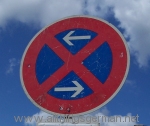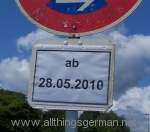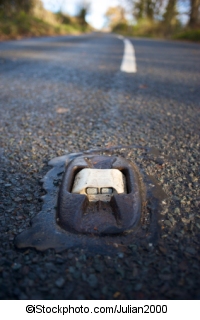“Wie weit im Voraus sollte man die Fähre buchen?” fragen sich viele Leute die eine Reise nach Großbritannien planen. Es kommt darauf an, ob man schon länger weiß, dass man auf die Insel möchte oder ob es eher eine spontane Aktion ist.

Einerseits kann man, wenn man drei Monate im Voraus bucht, ein gutes Schnäppchen bekommen. Eine Buchung für eine Abfahrt innerhalb kürzerer Zeit kann schon etwas teurer werden. Andererseits hat man die Möglichkeit direkt im Hafen in Calais eine Fähre zu buchen und keinen Stress bei der Anfahrt zu haben. Wobei, wenn man den Tag gut plant und etwas Zeitpuffer zur Abfahrtszeit einbaut, kann man beruhigt fahren.
Die verschiedenen Fährgesellschaften haben unterschiedliche Angebote und Tarife. Bei P&O Ferries ist es so, dass es keine bestimmten Tarife gibt, es aber auf deren Homepage einen Preisführer gibt, der die Tabelle der Abfahrtszeiten an einem Tag, etwas übersichtlicher macht.
Seafrance hat drei verschiedene Tarife den “Eco”, “Standard” und “Flexi”. Der “Eco” Tarif ist der günstigste, aber auch der der, wenn man umbuchen oder stornieren muss, am meisten Kosten mit sich bringt. Beim “Flexi” Tarif ist eine Umbuchung tagsüber auf ein anderes Schiff, sei es früher oder später, in der Regel kostenlos. Man muss sich einfach etwas Zeit nehmen und sich informieren, dann findet man für sich persönlich ein gutes Angebot.
Wir sind schon etliche Male nach England gefahren und hatten bisher, bis auf einmal, keine Probleme. Dieses eine Mal war letztes Jahr, als wir zu Weihnachten gefahren sind und der Schnee die Leute verrückt gemacht hat.
Wie es im Hafen abläuft können Sie hier lesen.


 In England jedoch werden Katzenaugen flächendeckend auf unbeleuchteten Straßen angewandt, um bei Dunkelheit die Fahrbahn besser zu beleuchten. Sobald die Straße breit genug für einen Mittelstreifen ist, werden die Katzenaugen auf diesem angebracht. Auf Autobahnen und teilweise auf Schnellstraßen findet man sie auch an den Seiten. Es gibt verschiedene Farben die unterschiedliche Bedeutungen haben. Auf normalen Straßen findet man weiße Katzenaugen.
In England jedoch werden Katzenaugen flächendeckend auf unbeleuchteten Straßen angewandt, um bei Dunkelheit die Fahrbahn besser zu beleuchten. Sobald die Straße breit genug für einen Mittelstreifen ist, werden die Katzenaugen auf diesem angebracht. Auf Autobahnen und teilweise auf Schnellstraßen findet man sie auch an den Seiten. Es gibt verschiedene Farben die unterschiedliche Bedeutungen haben. Auf normalen Straßen findet man weiße Katzenaugen.